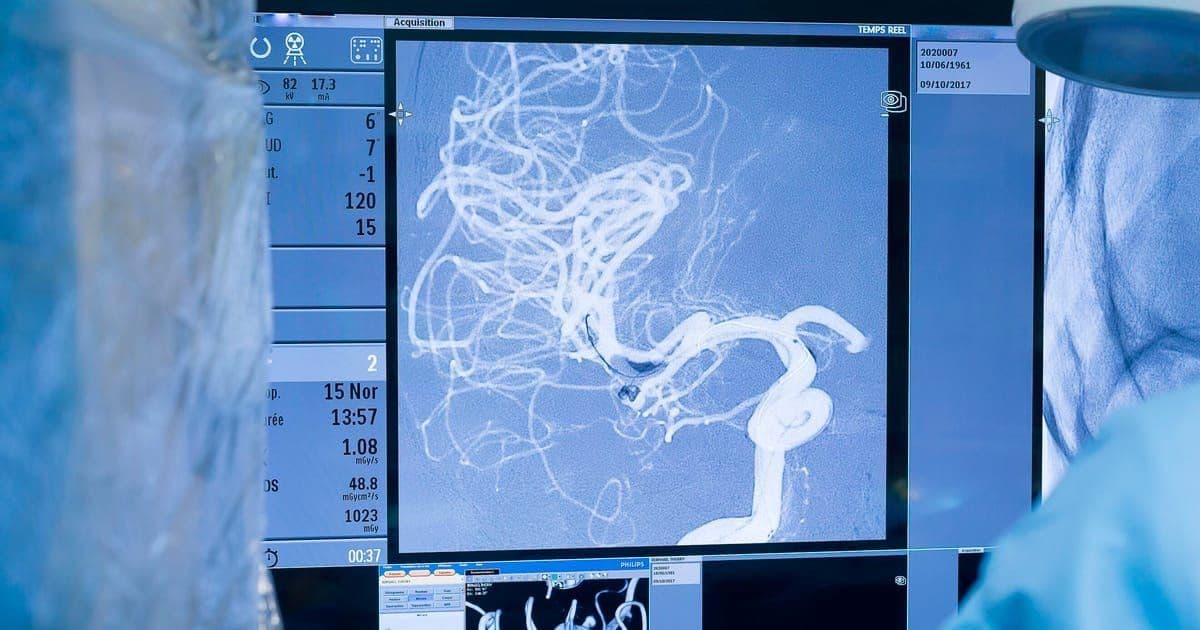A massive cyberattack on University Hospital Frankfurt forced a complete network shutdown, exposing healthcare's vulnerability as the EU's most-targeted critical sector. With 309 incidents in 2023 alone, underinvestment and poor cyber hygiene are putting patient lives at risk while costing millions. This investigation reveals why healthcare data is a 'perfect business plan' for criminals and the urgent reforms needed.
When trauma surgeon Simon Meier received an emergency call about a cyberattack crippling University Hospital Frankfurt, the crisis response was drastic: "We had to cut off the whole hospital network from the internet," Meier recalled. Overnight, staff reverted to pen and paper, lab results vanished from systems, and surgeries were postponed. Eighteen months later, internet access remains restricted amid a multi-million-euro infrastructure rebuild—a stark testament to healthcare’s fragility in the digital age.
Healthcare: The Bullseye for Cybercrime
Frankfurt’s ordeal is far from isolated. Healthcare endured 309 cybersecurity incidents in the EU during 2023—more than any critical sector. Attacks aren’t just costly (averaging €300,000 per major incident); they’re lethal. A UK patient’s death was partially attributed to delayed blood tests after a ransomware attack disrupted pathology services. As WHO chief Tedros Adhanom Ghebreyesus warns, these are **"issues of life and death."
"It’s a perfect business plan,"** said Christos Xenakis, cybersecurity professor at the University of Piraeus. "Stolen health data sells at a premium, and encrypting systems guarantees ransom payouts."
The Cybersecurity Investment Paradox
Despite being the top target, healthcare invests less in cybersecurity than any industry. ENISA reports reveal only 27% of health organizations have dedicated ransomware defenses, while 40% provide no security training for non-IT staff. Hospitals operate like "open ports," with high turnover, constant movement, and legacy systems—prioritizing care speed over logins.
Sabina Magalini, who led the EU’s PANACEA hospital cybersecurity project, notes: "Staff don’t want to spend half their day logging in and out." This leaves vulnerabilities exposed: Xenakis witnessed unsecured computers in doctor’s offices—an easy entry point for AI-driven phishing or deepfake attacks.
Beyond Training: Systemic Failures and Solutions
- Technology Gaps: Frankfurt’s attack might have been caught earlier with an intrusion detection system. "We were very lucky," admits Meier.
- Underfunded Prevention: Germany now mandates hospitals spend 15% of federal cybersecurity grants on defenses, but Meier criticizes historical underinvestment: "They regulate but invest nothing."
- EU’s Incomplete Shield: The European Commission’s 2024 cybersecurity action plan proposes a dedicated Health Sector Support Center and "cybersecurity vouchers" for small providers. Critics like Markus Kalliola of Finland’s Sitra argue it lacks binding targets and budgets: "It’s good but could be stronger."
The Cost of Complacency
Ireland’s 2021 health service hack cost €101 million in damages plus €657 million for system rebuilding—a warning for Europe. As GP Ray Walley asserts: "Cybersecurity is another form of healthcare. We need proactive investment." With NIS2, the Cyber Resilience Act, and AI Act raising standards, Kalliola stresses: "There’s no time to lose in turning regulations into reality." Lives depend on bridging the gap between policy and practice—before the next attack strikes.
Source: POLITICO

Comments
Please log in or register to join the discussion